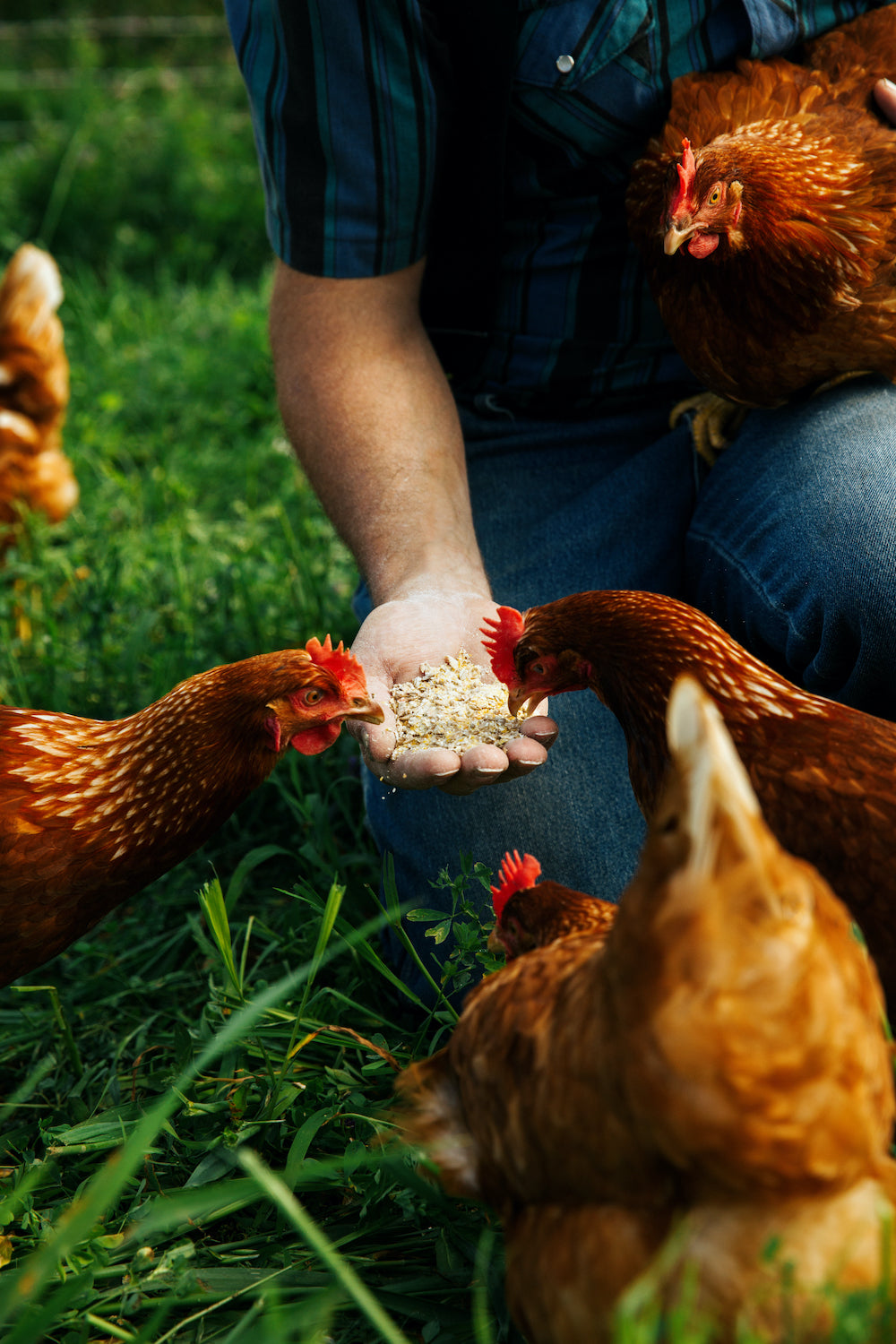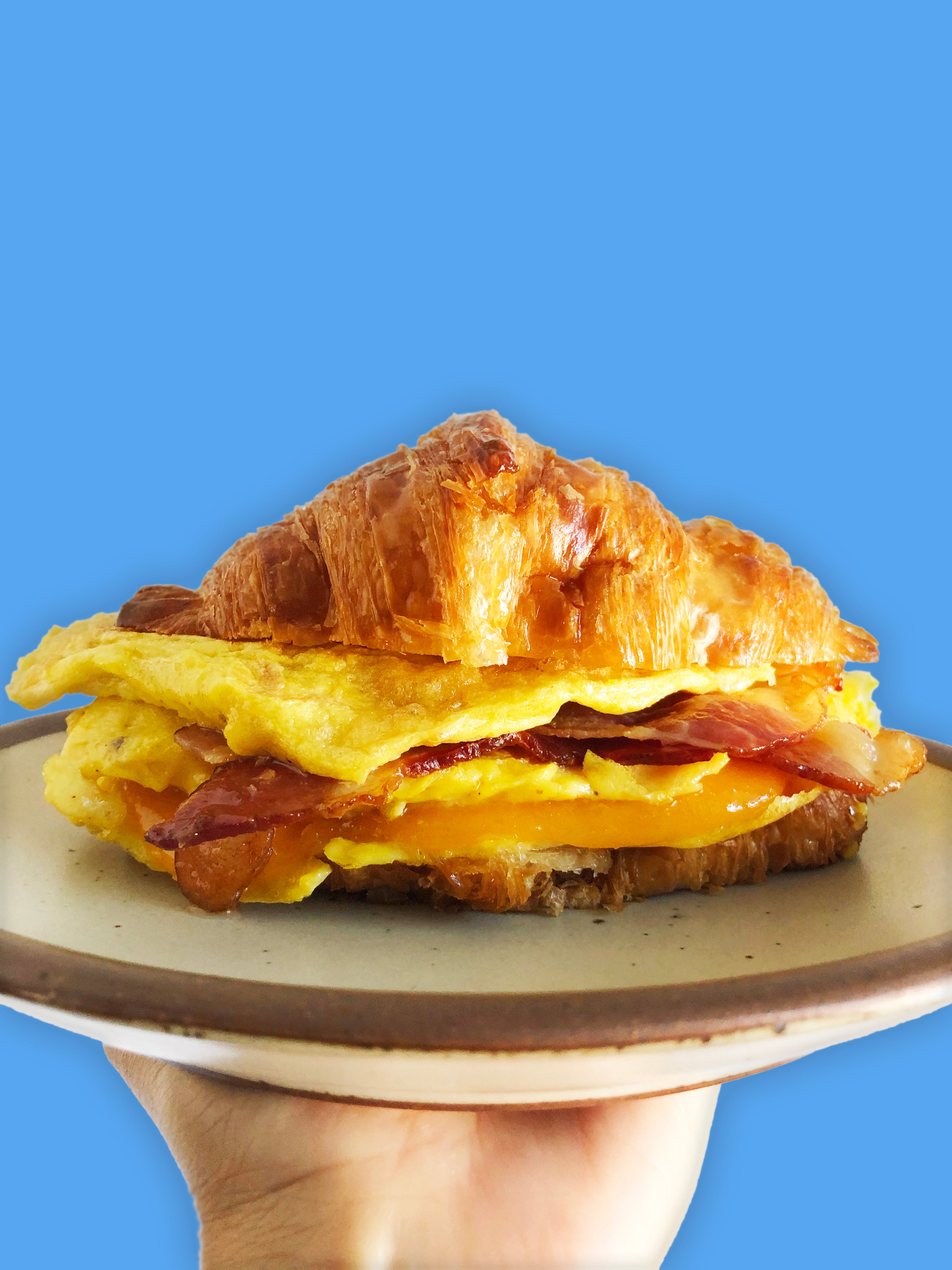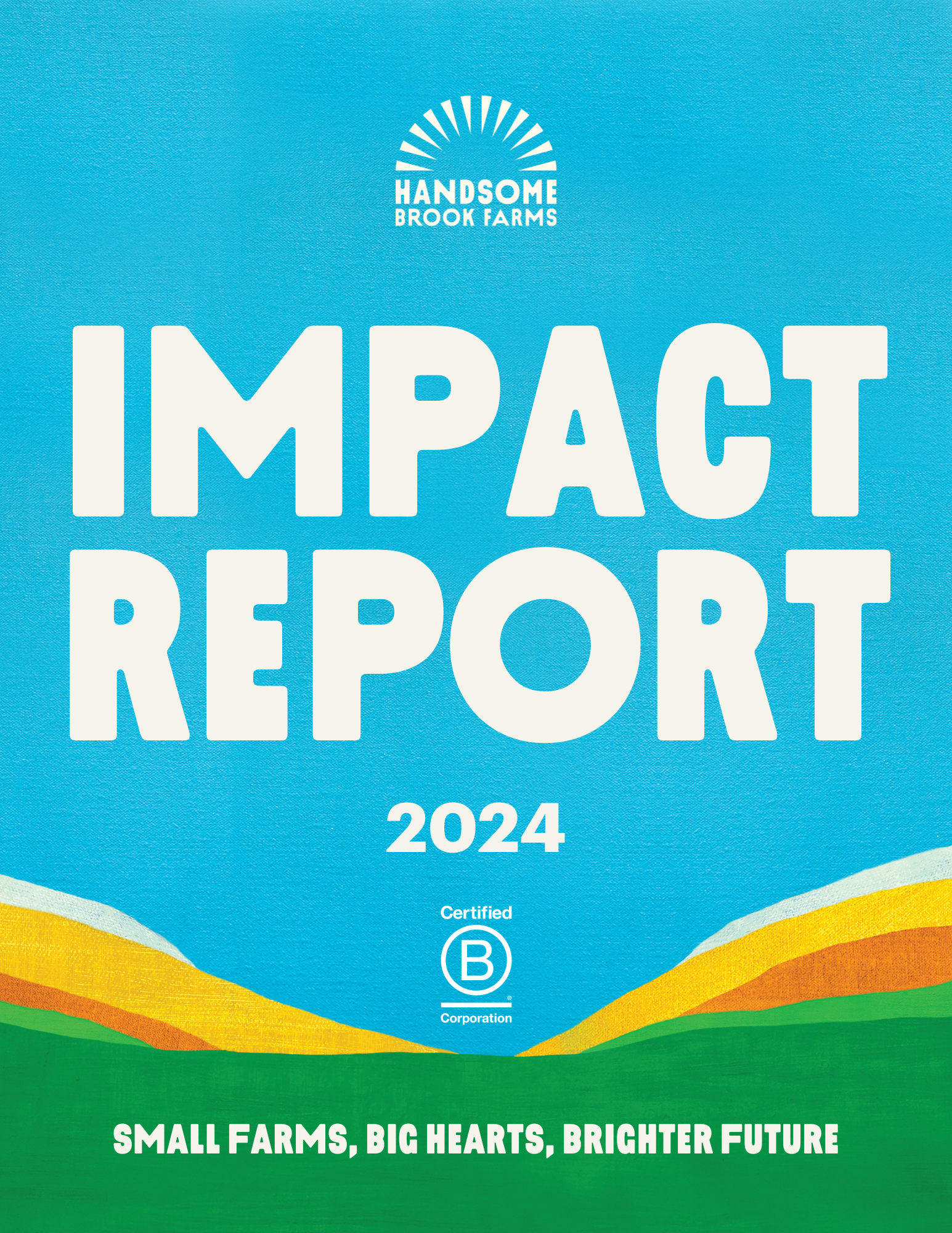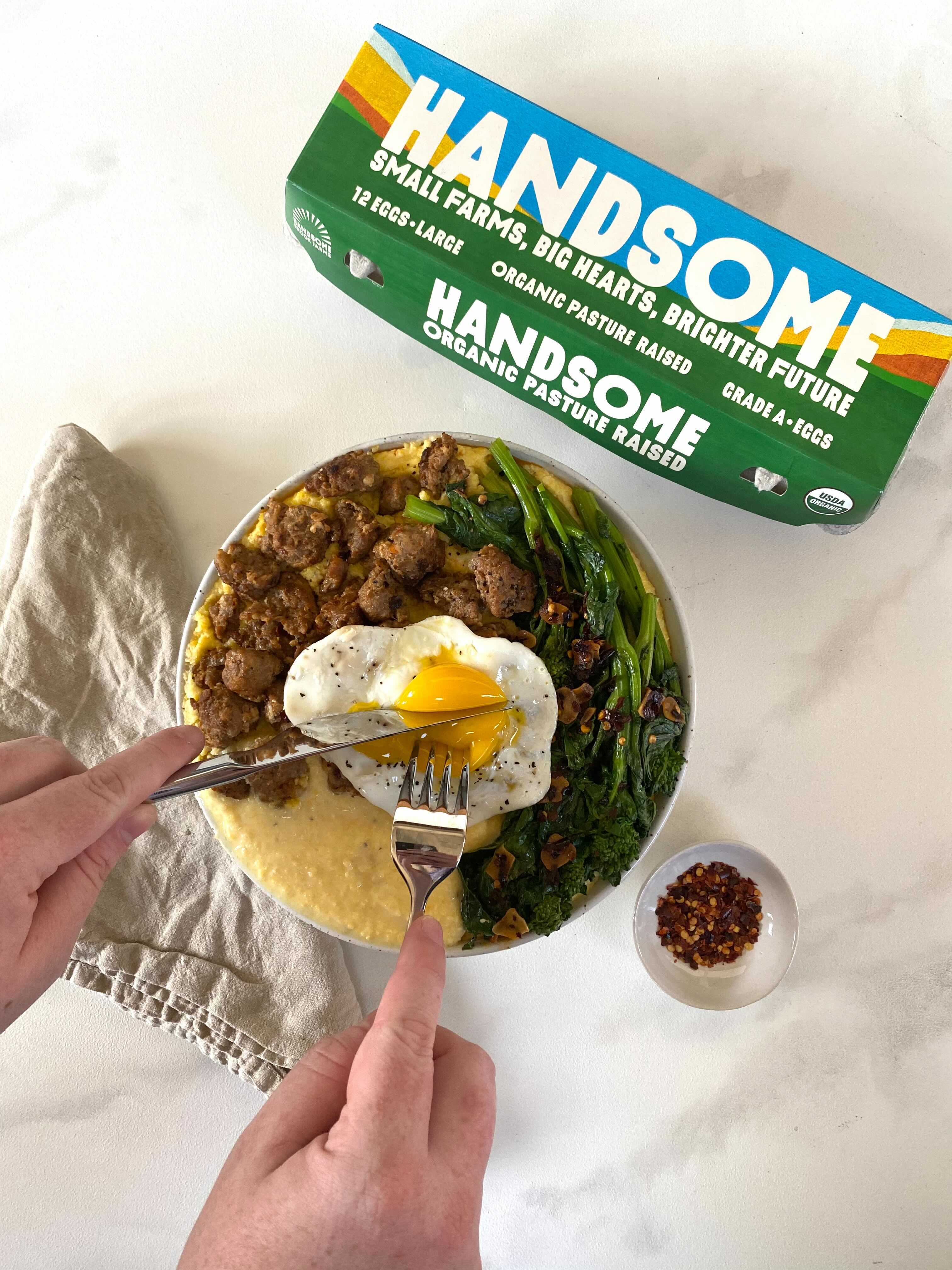“Organic” Isn’t Always What You Think it Is

A Handsome hen, organic feed, and ample, organic land.
What is the OLPP and How did It Expose “Certified Organic” as a Label to Think Twice About.
In 2017, the U.S. Department of Agriculture (USDA) disappointingly decided to withdraw a series of brand new rules that a devoted collection of farmers and advocates staunchly worked to pass for over seven years. These rules, which were dubbed the Organic Livestock and Poultry Practices (OLPP), were intended to raise and unify the standards required to label yourself an “organic” producer. Their withdrawal sparked tens of thousands of comments, a lawsuit, and a heated debate about just what we should be able to expect from our “certified organic” labels.
What was the main goal of the OLPP?
The word organic, while meaningful in certain contexts, falls short in others. For example, a producer’s “organic” label might reveal what they’re feeding their animals, but not how they’re actually treating them. These newly proposed practices were intended to bridge the gap between what we expect from our organic producers (in short: a lot!), and what we actually get (unfortunately, notably less).
Why does it matter for the food we eat every day?
This rift in expectations largely concerns the living space provided to animals, specifically the definition of “outdoor access” for hens. As it turns out, while we have grandiose visions of “outdoor access”, the reality is that the vague, loosely-enforced requirement allows big egg producers to opt for tiny, fenced-in, concrete porches while smaller, more responsible farmers continue to offer meaningful space for their hens to roam. Despite these serious discrepancies, both get to use the label of “certified organic”.
Not only does this leave smaller producers at a sizable disadvantage (as they continue to manage the costs of more responsible farming that the behemoths ignore), but the variability in standards underneath the one “organic” label keeps customers confused about what they can expect.
The USDA Organic seal can encompasses many ambiguities, so uniformly high standards are critical for maintaining trust in organic quality.
So, what’s next?
Not only did the Organic Trade Association (OTA) file a lawsuit against the USDA in response to the withdrawal, but Handsome Brook Farms, along with 47,000 other passionate commenters, submitted letters urging the USDA to reconsider (in fact, of the 47,000 comments, only 27 spoke out in favor of the OLPP’s repeal!)
Most importantly, the USDA’s justification for withdrawal of the OLPP included several misleading claims. For example, they erroneously over exaggerated poultry mortality rates and underestimated egg production rates (actually blaming more roaming space on these misguided “negative” effects). At Handsome Brook Farms, our model has proven that we can have lower mortality, longer life expectancy and higher production than conventionally raised hens.
Finally, on March 12th of this year, the U.S. District Court for the District of Columbia agreed with the OTA (and Handsome Brook Farms) that the withdrawal was based on flawed examples. While the debate is still tied up in court battles, we at Handsome Brook Farms hope to continue to prove that organic production and animal welfare are not at odds with productivity and economic gains.
A better life for our hens means better eggs for you and a better planet for us all.



